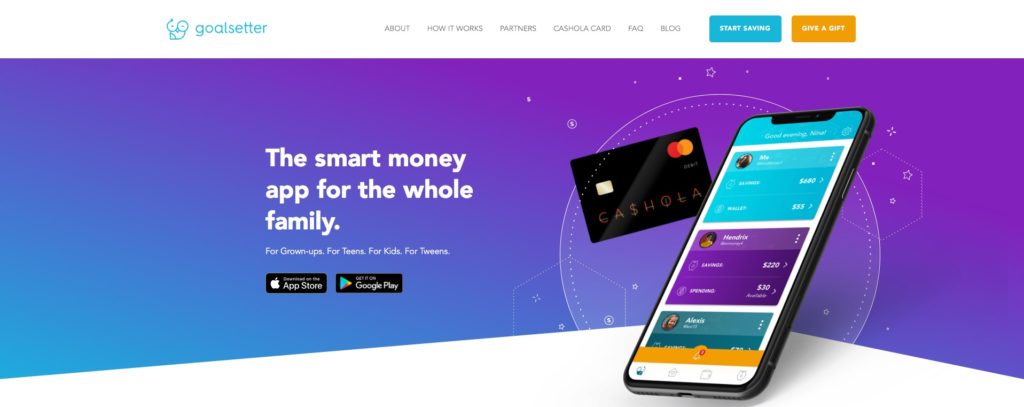
Cash management innovator MaxMyInterest has sealed a new integration deal with Redtail Technology, a leading client relationship management (CRM) firm. The integration will enable advisors and client service teams that rely on Redtail’s CRM to have one-click access to an onboarding solution that will give their clients access to preferred rates of up to 0.75% APY on their FDIC-insured cash deposits.
“We are excited to bring our cash management solution to Redtail users and honored to work with a company whose dedication to innovation in the advisor community matches our own,” MaxMyInterest Head of Partnerships and Business Development Michael Halloran said.
“Max provides advisors with a quantifiable value add by providing the ability to offer a high-yield solution for a typically overlooked and under-earning asset class,” Halloran added. “By integrating with Redtail, we are excited to help even more advisors grow their AUM, while their clients earn the highest yields in the market.”
A service of Six Trees Capital, MaxMyInterest made its Finovate debut at FinovateFall 2014. The company offers a way for individuals to optimize the interest they earn on their cash by providing a solution that automatically allocates cash balances to those banks offering the best interest rate at any given point in time. The technology ensures that balances are kept below the FDIC-insured limits at each institution, and features additional cash management functionality including monthly cash sweep and intelligent funds transfer.
Last year, MaxMyInterest announced an integration with Morningstar, combining its automated cash management technology with Morningstar ByAllAccounts’ data aggregation service. Last month, the company announced that veteran banking executive and fintech investor Jill Denham – founder and president of Authentum Partners – had joined MaxMyInterest’s advisory board.
“I see the MaxMyInterest team as true fintech innovators, dedicated to helping clients get the highest interest rates on insured deposits,” Denham said. “Their platform is notable in the manner in which the relationships they build between banks, depositors, and their financial advisors make all parties better off, and I’m excited to join and bring my expertise to their Advisory Board.”
Founded in 2013, MaxMyInterest is headquartered in New York City. Gary Zimmerman is CEO.

























